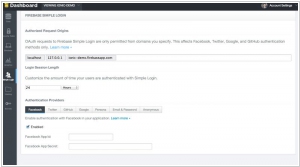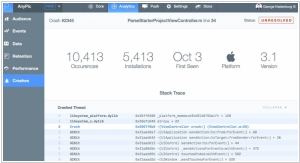Firebase vs Parse
May 28, 2023 | Author: Sandeep Sharma
Firebase and Parse are both backend-as-a-service (BaaS) platforms that offer developers a range of tools and services to build and deploy mobile and web applications. However, they differ in certain key aspects.
Firebase, developed by Google, provides a comprehensive suite of backend services, including real-time database, authentication, cloud storage, and hosting. It offers robust integration with other Google Cloud services and provides a wide range of development tools and SDKs for various platforms. Firebase is known for its ease of use, scalability, and real-time data synchronization capabilities, making it a popular choice for developers who want to quickly build and launch applications.
Parse, on the other hand, was originally developed by Facebook but is now an open-source platform maintained by the Parse community. It offers similar features to Firebase, such as a database, user authentication, file storage, and push notifications. However, Parse provides more flexibility and customization options, allowing developers to host the backend infrastructure on their own servers or in a private cloud. Parse also supports a wider range of programming languages and frameworks, giving developers more flexibility in their development stack.
See also: Top 10 Mobile App Builders
Firebase, developed by Google, provides a comprehensive suite of backend services, including real-time database, authentication, cloud storage, and hosting. It offers robust integration with other Google Cloud services and provides a wide range of development tools and SDKs for various platforms. Firebase is known for its ease of use, scalability, and real-time data synchronization capabilities, making it a popular choice for developers who want to quickly build and launch applications.
Parse, on the other hand, was originally developed by Facebook but is now an open-source platform maintained by the Parse community. It offers similar features to Firebase, such as a database, user authentication, file storage, and push notifications. However, Parse provides more flexibility and customization options, allowing developers to host the backend infrastructure on their own servers or in a private cloud. Parse also supports a wider range of programming languages and frameworks, giving developers more flexibility in their development stack.
See also: Top 10 Mobile App Builders
Firebase vs Parse in our news:
2014. Mobile app builder Parse adds crash reporting and local datastore
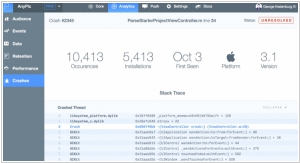
Parse, the mobile development platform that was acquired by Facebook last year, provides developers with a comprehensive set of features. However, one crucial aspect that was missing until now was crash reporting. While Parse offers an analytics service, developers had to rely on third-party tools to track app crashes. Fortunately, today, this much-needed feature has been made available. Another exciting addition is the support for Parse's local datastore on iOS, which was previously only available for Android. This framework enables developers to facilitate the use of critical app features even when users are offline, making it easier to deliver a seamless experience.
2014. App builder Parse adds A/B testing for push notifications
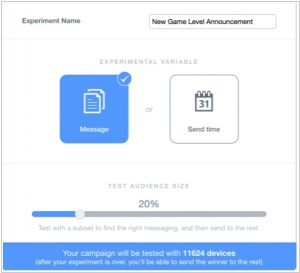
The latest feature being introduced by Parse, a subsidiary of Facebook, is called Parse Push Experiments. This feature is specifically targeted towards marketers and developers utilizing the Parse SDKs in their applications. It enables them to conduct A/B tests on various messages and timings for push notifications sent to mobile devices. The update seamlessly integrates with apps that are already using the most recent versions of the Parse SDKs, requiring no modifications from the developers' end. Instead, a new option has been added to the push composer in the Parse web console, allowing users to access A/B testing capabilities. According to Parse, over the past month, they have dispatched a staggering 2.4 billion mobile push notifications. Incorporating A/B testing into such a massive distribution system will undoubtedly have a significant impact on how and when millions of individuals choose to engage with their devices.
2014. Google acquires mobile app builder Firebase
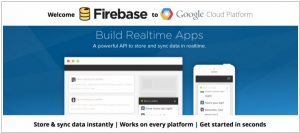
Google has completed the acquisition of Firebase, a backend service renowned for aiding developers in creating real-time applications for iOS, Android, and web platforms, enabling instantaneous data storage and synchronization. The Firebase team assures that the service will continue to operate as usual, retaining its platform-agnostic nature. While primarily driven by Google's interest in the technology and talent associated with Firebase, this acquisition also presents an opportunity for Google to introduce Firebase's extensive developer community of over 100,000 to its Cloud Platform. This marks the third significant acquisition by Google for its Cloud Platform this year, following the integration of monitoring service Stackdriver and the addition of Zync to bring visual effects rendering to its cloud computing service.

